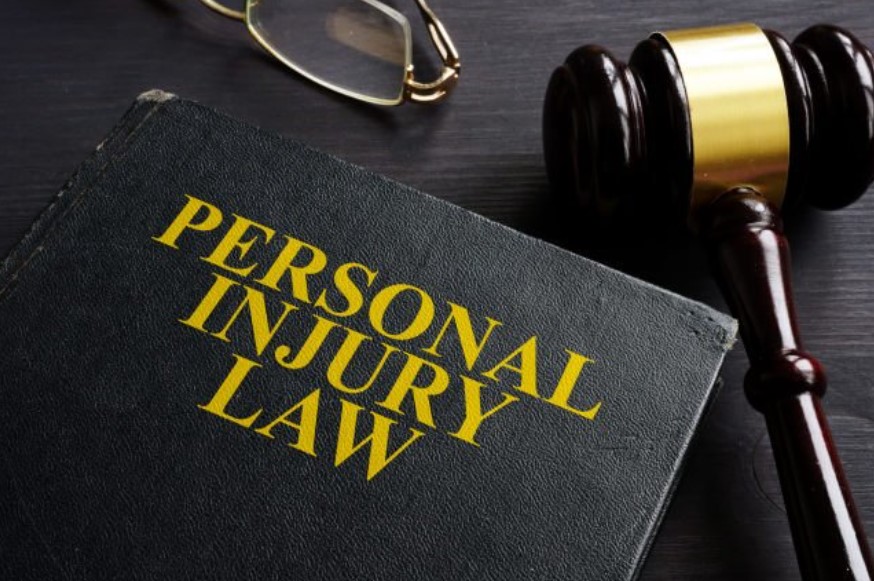
An injury attorney will collect the evidence for your case by examining all your medical bills. In addition, he will investigate your case’s validity by reviewing the evidence in the form of interrogatories. A successful personal injury claim will include both compensatory and punitive damages. Listed below are some of the tasks your injury attorney will perform for you. If you have been injured because of someone else’s negligence, contact an injury attorney today.
Evidence collected by a personal injury lawyer
When filing a personal injury lawsuit, evidence can make all the difference in proving fault and obtaining a successful settlement. For example, time-stamped phone records from mobile phones can show that an individual was distracted while driving. A lawyer can request a copy of these records for their client. Emergency calls are also recorded and can provide key evidence about the accident. These recordings are often destroyed once the accident occurs, but a lawyer can still request a copy of these recordings.
A personal injury attorney will also gather evidence from business establishments. A business may produce a written report describing the incident, witness statements, and video footage. In addition, they may request safety inspection reports to help build a strong case. Once they have the evidence, the lawyer can present it in court. Lastly, the lawyer may seek to collect any medical records from the defendant. If the evidence is admissible in court, the attorney can use this information to prove the case.
Interrogatories
If you are seeking legal advice regarding the legal issues involved in a personal injury case, you may be interested in learning more about interrogatories. Interrogatories are written questions sent by a party to the other party in the course of the discovery process. They are a useful tool for both parties because they can help uncover evidence. While interrogatories are intrusive, they can also be used to settle disagreements and get to the bottom of disputed facts. Injury attorneys know how to effectively use interrogatories in court.
First, interrogatories should be brief and straightforward. An experienced attorney will be able to determine the scope of the information requested. Often, questions are not legally valid in every case. However, attorneys can use the information contained in the interrogatories to their advantage in court. For example, they can request that the other party’s insurance carrier provide information on the coverage of the accident. When the answers to these questions are inadmissible, a lawyer can use them to prove that the other party is not responsible.
Compensation
If you have been involved in a car accident, you should contact compensation for injury attorneys as soon as possible. If you are seriously injured, you may be faced with costly medical bills, extended treatments, and loss of income. By contacting an attorney, you can ensure that you are getting the best possible compensation for your accident. Here are a few tips that will help you file a successful claim. Here are the most common reasons people choose to hire compensation for injury attorneys.
In order to file a personal injury claim, you must establish that another party caused your injuries. The accident may have been caused by a series of outside factors. Your injury attorney can help you identify those parties sharing liability and pursue compensation from each one. For instance, if you suffered injuries due to medical malpractice, you could seek compensation from the hospital that performed the treatment. If you were injured by a truck driver, you could claim compensation from the company that operated the truck.
Punitive damages
Punitive damages are awarded for actions where a defendant purposefully caused injury, such as driving drunk or while distracted. While these actions are considered criminal acts, they are separate from civil claims. Punitive damages can include millions of dollars in compensation. The standards for these damages differ by state, but they generally require the plaintiff to prove evil intent or a criminal mind. Arizona and Nevadavârl standards call for the plaintiff to prove a blatant disregard for the safety of others.
Punitive damages are awarded for serious injuries, and they can be both general and special. General damages, on the other hand, are more subjective, and they often involve things like emotional distress, loss of consortium, and the cost of a wheelchair ramp. These damages are harder to prove, but they can include therapists’ notes and economic experts’ estimates of lost earning potential. Injury attorneys should know how to prove them in their own cases.

